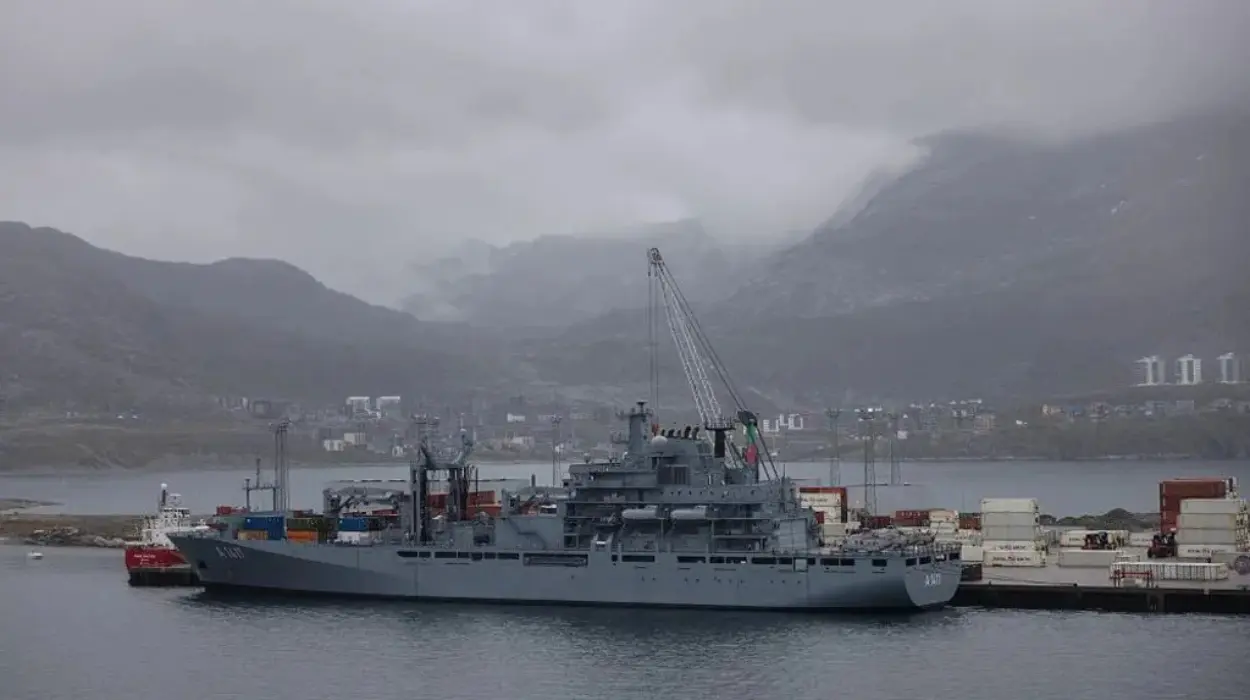Greece The geopolitical dynamics of the Arctic have intensified as Denmark’s foreign minister summoned the top U.S. envoy in Copenhagen, following intelligence reports suggesting American citizens’ involvement in covert influence campaigns in Greenland. This development reflects the rising tensions surrounding the island’s political future as external powers challenge Copenhagen’s authority, particularly in a region of escalating strategic significance, reports 24brussels.
The assertion of American influence comes at a critical time when Greenland, under its evolving identity, is seeking to cultivate new international partnerships to reduce its dependencies. The discourse around Greenlandic self-identity—intersecting with Danish perceptions—continues to shape policy and legal frameworks aimed at redefining the “community of the realm.” Some analysts argue that Denmark’s future stability may hinge on fully embracing Greenlandic aspirations for independence as a pathway toward mutual growth.
Support for independence is prevalent among Greenlandic political factions, although the timelines differ. Since 2009, citizens have had the right to initiate a referendum; however, surveys suggest a limited interest in aligning with the United States. Greenland’s relationship with Denmark involves a complex historical and political backdrop, characterized by broad self-government established in 1979. While the island has considerable autonomy today, Copenhagen retains authority over foreign affairs and defense, complicating the independence discourse with competing opinions regarding the rate of change.
An unlikely geopolitical hotspot
The pursuit of Home Rule in 1979 marked a significant pivot in Greenlandic governance, particularly after rejecting European Community membership. The 2009 Self-Government Act further solidified this trajectory, allowing incremental shifts in power that reinforced existing structures. Currently, an assertive Greenlandic political identity is emerging, increasingly vocal and impatient with gradualist approaches.
Historically, nationalism in Europe toppled empires and established new nations, while Greenland’s ambitions have surfaced more gradually. The quest for independence is characterized by strategic leverage rather than violent upheaval, challenging traditional notions of foreign policy and resource control. The aftermath of the Soviet Union’s dissolution served as a reference point for Greenland, spurring discussions about independence that transitioned from fringe concepts to mainstream political dialogue by the 1990s. Yet, dependence on Danish funding and governance of critical areas remains a significant factor shaping current discussions.
Greenland’s geopolitical relevance has grown due to its vast mineral resources and strategic location, attracting interest from global powers like the U.S., Russia, and China. Notably, the idea proposed by the Trump administration in 2019 to purchase the island underscored American strategic priorities, while growing Chinese interest in infrastructure and mining has raised security concerns for Denmark and its allies.
A Nationalist Impulse?
The tension between Greenland’s nationalist aspirations and the geopolitical landscape complicates the pursuit of independence. The desire for self-determination must be balanced against potential exploitation by larger powers. This balancing act has led to a cautious advancement: from home rule in 1979 through to the expanded self-government of 2009, with ongoing discussions about a potential referendum on independence reflecting a fusion of identity, practicality, and geopolitical realities.
Greenland’s narrative is less about a sudden separation from Denmark and more focused on redefining its international standing amid the complexities of modern sovereignty. As Nuuk contemplates its independence, the challenge lies in ensuring that it does not substitute Danish oversight for American or Chinese dominance. Achieving independence in this new Arctic context involves mastering diplomatic skills adequate to navigate the increasingly strategic waters surrounding the island.










